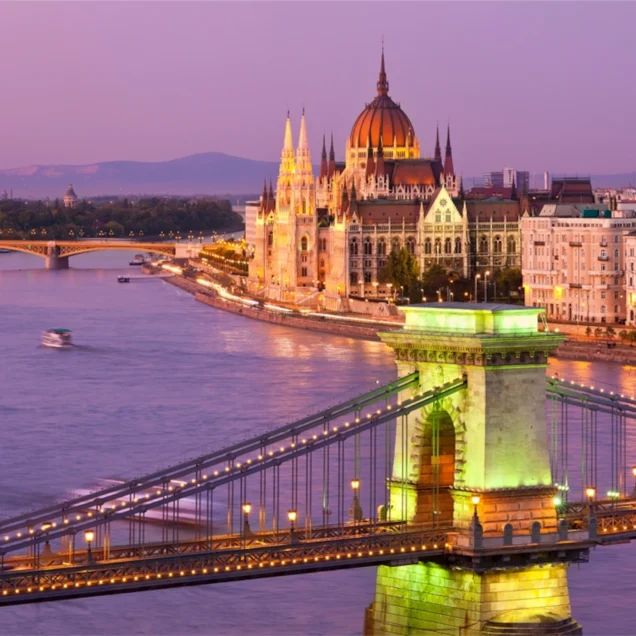

Hungary, with beautifully preserved town centres, gorgeous landscapes, is steeped in history. Not only is there enough to satisfy even the most voracious history buff Hungary also has fantastic food and wines. Moreover, it has world-famous therapeutic mineral springs that date back to Roman times. A cradle of innovation and culture, the country is the birthplace of world-famous inventors, scientists, explorers and composers.
Thinking of planning an adventure to this small landlocked country in Central Europe? We have everything you need.
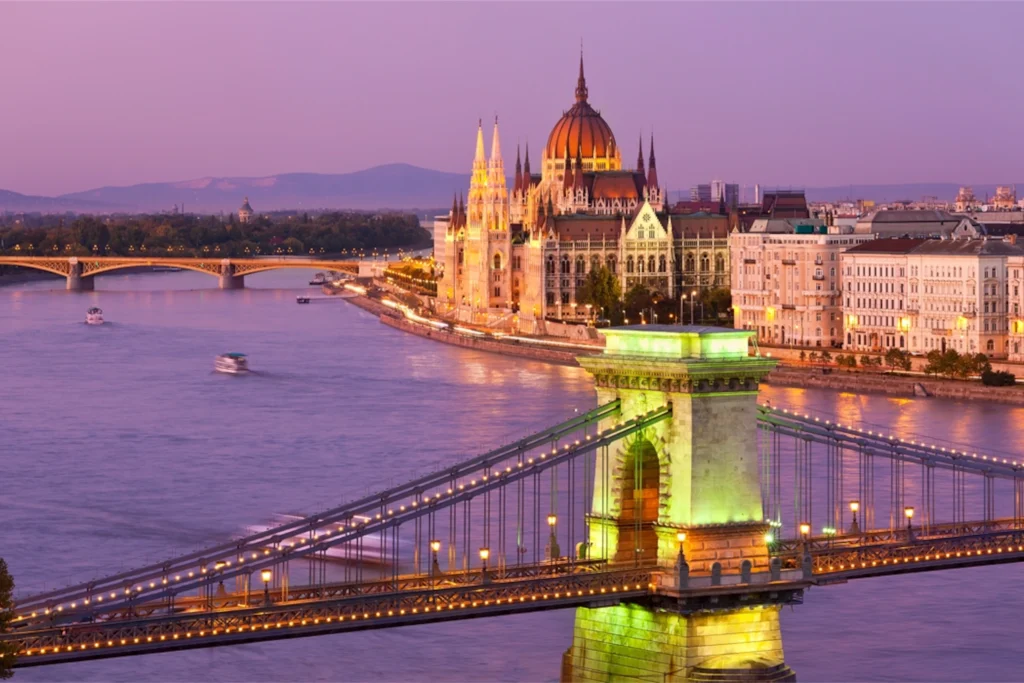
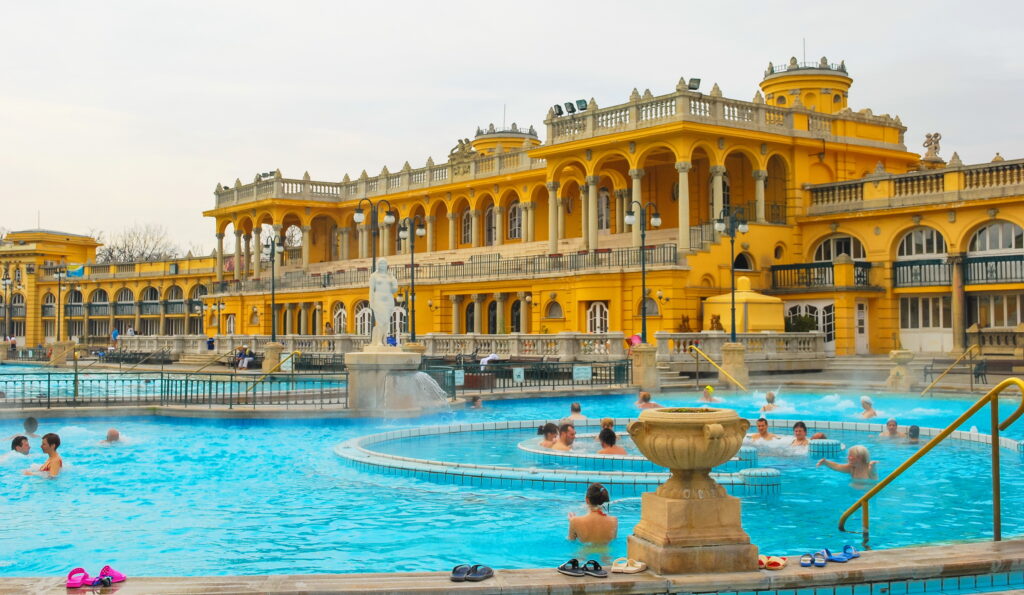
Hungary’s stunning capital, Budapest, is actually two very different historic cities, Buda on the west bank and Pest on the east bank. was the dominant city from the 14th to the 16th centuries, while a formal union between the cities, located on opposite sides of the Danube, finally took place in 1867. Highlights of a Hungary adventure tour to Budapest include Matthius Church, Fisherman’s Bastion, the Liberation Monument on Gellért Hill, the Chain Bridge across the river, Heroes’ Square, the Great Synagogue, the fabulous St Stephen’s Basilica and the much-photographed Parliament Building. An absolute must-see during your Hungary adventure tour is World Heritage-listed Castle Hill, a kilometre-long plateau towering above the Danube, which contains Budapest’s most important medieval monuments and museums, including Buda Royal Palace.
Hungary is divided in two by the River Danube, its major waterway. Nearly half the country is low rolling plains while the other half is more hilly, with mountains in the northern reaches of the country.
Hungary is home to the largest thermal water cave system and the second largest thermal lake in the world (Lake Hévíz), the largest lake in Central Europe (Lake Balaton), and the largest natural grasslands in Europe (Hortobágy).
Our tours only operate from late spring to early autumn, when the weather is generally at its best. Temperatures will generally still be cool in May and again in October. The warmest (and busiest) months tend to be July/August. The further south you are the higher the average temperatures. Rainfall is at its lowest from June to August but it can rain at any time of year.
Visit www.worldclimate.com to get an idea of what the weather will be like on your tour.
Citizens of the EU, the US, Canada, Australia and New Zealand do not require visas to enter Hungary. These are valid for between 30 and 90 days and cannot be purchased at border crossings.
The monetary unit in Hungary is the forint (HUF). For up to date exchange rates with your own currency visit www.oanda.com or www.xe.com.
The easiest way to obtain money in Hungary is to draw it out of an ATM (cash machine) on a credit or debit card (e.g. visa or cirrus). ATMs are widely available throughout Eastern Europe. Another option is to bring cash, in either US dollars or euros (pounds sterling and other currencies cannot always be easily changed) but we advise against bringing all your money in this form, in case of theft. In all of the cities that we visit there are many places to change money and your tour leader will be able to show you where to get the best rates of exchange.
If there is no service fee, a general rule of thumb is to add 10 to 15 percent of the bill for a tip.
Generally people find Hungary to be safe and feel confident wandering alone during the day. However if you are unfamiliar with an area it is recommended that you exercise more caution at night and taxi taxis rather than walk, especially if you are a lone female traveller. In some cities bag snatching can occur so always keep a firm hand/eye on your personal items.
Some meals are included when camping (please see your tour dossier for a complete breakdown of meals included). Breakfasts can be basic so if you tend to get hungry it may be a good idea to buy some fruit or snacks to eat during the day. All other meals, extra snacks and drinks on the tour are at your own expense.
Ask your tour leader if they can recommend any restaurants in the area to suit your taste or budget, or have fun exploring independently.
Food offered in much of Hungary is delicious, hearty, and often (but not always) meat orientated. You may well find yourself smoked or salted fish, pickled cabbage stew, beef stroganoff, goulash, meat stews, game meats, and many varieties of dumplings.
Like most of Eastern Europe, beer is always popular in Hungary. The country also has a good range of locally produced wines.
All drinks such as bottled water or soft drinks are at your own expense at all times and are fairly inexpensive. Alcoholic drinks vary in price, with wine and beer generally being the cheapest options.
Voltage: 220-240V. Sockets are of European two-pronged round-pin variety.
Time difference: The time difference in Hungary is GMT/UTC + 2. For other time differences, please visit www.timeanddate.com
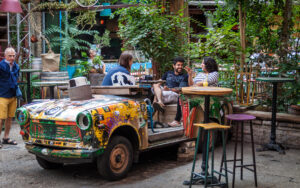
The 7 human-made Wonders of our World The ancients created the original list of the Seven Wonders of the World.…
Sometimes the chaos of a popular tourist city is enough to make any traveller run for the hills. Long queues,…
Wondering where the best places to visit in July are? Check out our favourite spots for your holiday in July…
We are passionate adventure travelers who want to share the world and our travel experiences with everyone…
This website uses cookies so that we can provide you with the best user experience possible. Cookie information is stored in your browser and performs functions such as recognising you when you return to our website and helping our team to understand which sections of the website you find most interesting and useful.
Strictly Necessary Cookie should be enabled at all times so that we can save your preferences for cookie settings.
If you disable this cookie, we will not be able to save your preferences. This means that every time you visit this website you will need to enable or disable cookies again.
